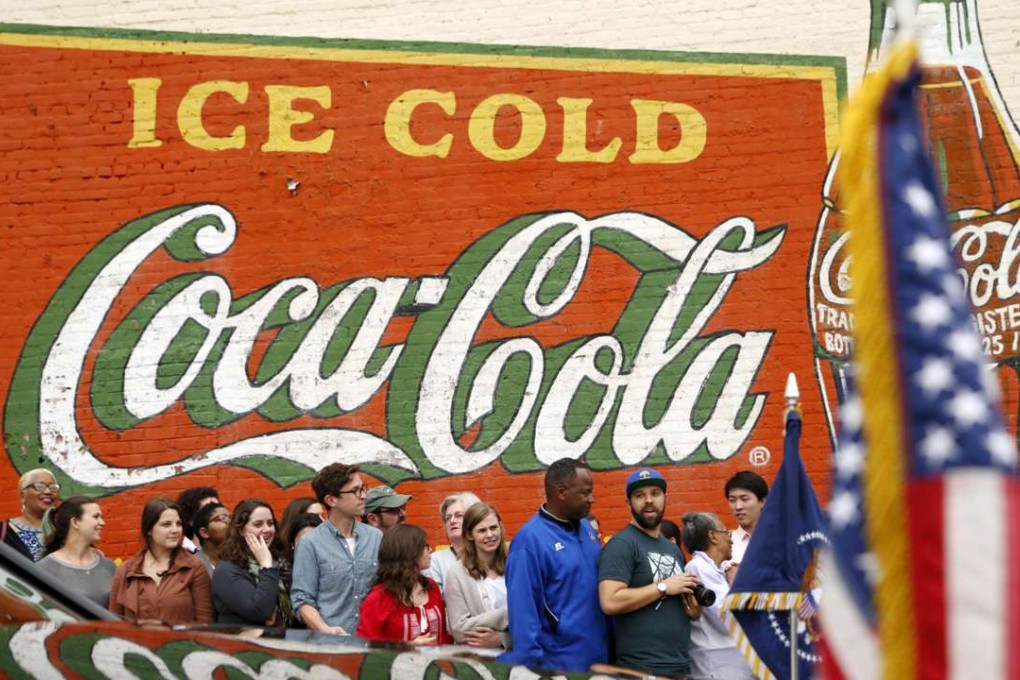
Nostalgia, a sentimental longing for the past, can put one in a wonderful state of mind. It increases one’s sense of being loved and protected; it can counteract loneliness or enhance self-esteem and induce optimism about the future. Nostalgia as a psychological state has also been used to increase pro-social behaviour, and decrease anti-social acts.
Retailers, recognising its power, have long used nostalgia as a marketing tool. You may remember recent promotions when McDonald’s and Coca-Cola jointly gave away old-style Coca-Cola glass bottles, which became popular as collectors’ items among Singaporeans.
Many restaurants now offer free Wi-fi to make waiting times seem shorter, and self-service options which allow customers to place their orders while queueing create the impression they have already been seated.

It is notable that these are effects driven by the content of nostalgia and leverages on the “feel good” effect that nostalgic memories evoke.
But can the process of reminiscing affect (increase) consumer patience?